The following funding opportunities have been announced. Please follow the links for more information.
Economic and Social Research Council
The Economic and Social Research Council, under the Research Councils UK and Fonds National de la Recherche, Luxembourg, bilateral agreement, invites proposals for its Research Grants Scheme. The scheme supports collaborative research in any area of social sciences within the remit of both ESRC and FNR. The UK part of the project must be a minimum of £350,000 and no more than £1 million (at 100% fEC).
Maximum award: £1 million. Closng date: 31/12/16.
Natural Environment Research Council
The Natural Environment Research Council, in collaboration with the Engineering and Physical Sciences Research Council and the Indian Department of Science and Technology, invites applications for their Water Quality in India Scoping Workshop. The workshop will take place in Delhi on 17th and 18th November 2016 and the aims of the workshop will be: to define the scope of a potential new UK/India interdisciplinary programme focussed on research contributing to improved water quality, and through this support the economic development and welfare of India; to facilitate links between the UK and Indian research communities in the area of water quality research.
Applications from researchers working in the fields of water quality, water engineering and related disciplines are welcome. NERC and EPSRC will cover all reasonable travel and subsistence expenses for UK participants attending the workshop.
Maximum award: Not specified. Closing date: 16/09/16.
The Natural Environment Research Council, under its Discovery Science programme, invites applications for its Standard Research Grants. Discovery Science is a key component of delivering the strategy of NERC and is intended to facilitate the identification of the next generation of strategic priorities. The minimum that can be requested per complete proposal and per component is £65,000 and the maximum for complete proposal is £800,000 at 100 per cent full economic cost.
You must speak to your DDRPP and your Funding Development Officer before applying to this call. Bournemouth University can submit one application per round and operates a demand management process.
Maximum award: £640,000 (at 80% fEC). Closing date: 17/01/17.
Wellcome Trust
The Wellcome Trust invites submissions for its Wellcome Book Prize. The award is open to new works of fiction or non-fiction published by a UK based publisher or in-print between 1st January 2016 and 31 December 2016 (for the 2017 prize).
A book should have a central theme that engages with some aspect of medicine, health or illness. This can cover many genres of writing – including crime, romance, popular science, sci fi and history. The subjects these books might include birth and beginnings, illness and loss, pain, memory, and identity. The Wellcome Book Prize aims to excite public interest and encourage debate around these topics. Academic textbooks, scholarly monographs, diet books and picture-led books are not eligible, even if they are relevant to medicine or medical science.
Maximum award: £30,000. Closing date: 09/09/16 (recurring).
If you are interested in submitting to any of the above calls you must contact RKEO with adequate notice before the deadline. Please note that some funding bodies specify a time for submission as well as a date. Please confirm this with your RKEO Funding Development Officer.
You can set up your own personalised alerts on Research Professional. If you need help setting these up, just ask your School’s/Faculty’s Funding Development Officer in RKEO or view the recent blog post here. If you are thinking of applying, why not add an expression of interest on Research Professional so that BU colleagues can see your intention to bid and contact you to collaborate.
 Congratulations to Dr. Pramod Regmi as the lead author of the paper ‘
Congratulations to Dr. Pramod Regmi as the lead author of the paper ‘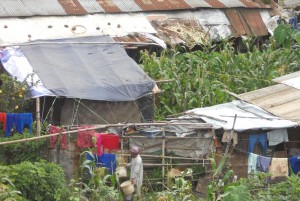
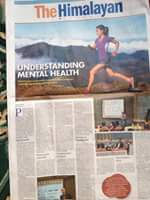
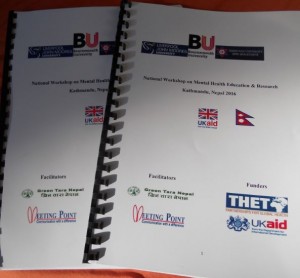
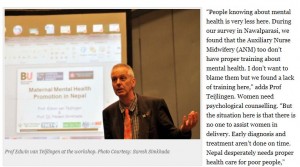
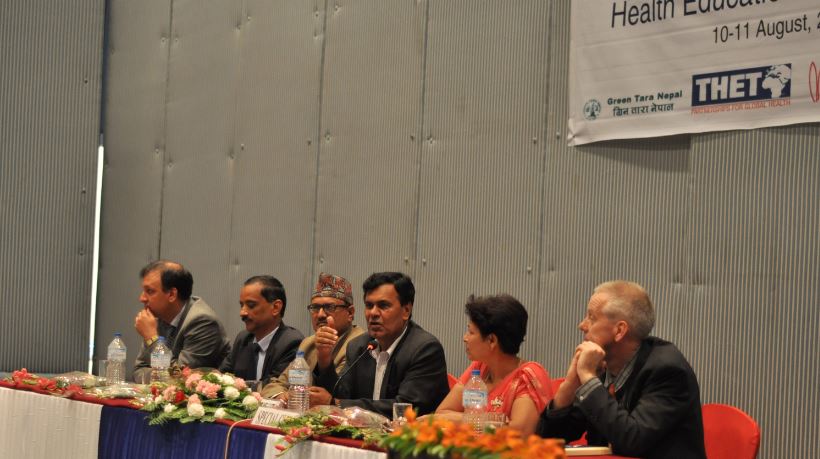
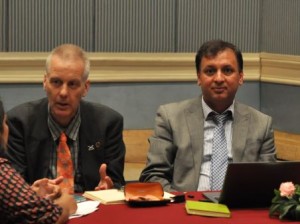
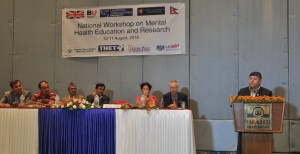
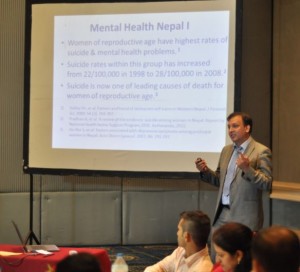
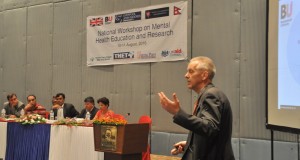
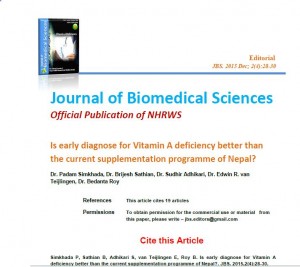

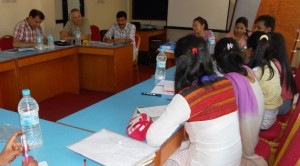
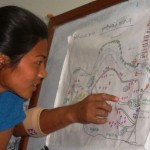
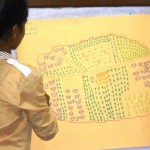
 Dr. Pramod Regmi in FHSS published his latest paper today in the South East Asia Journal of Public Health. The paper ‘Priority public health interventions and research agendas in post-earthquake Nepal’ is co-authored with researchers based in New Zealand, Nepal and the UK [1]. The authors reminds the readers that natural disasters cause huge damage to infrastructure, economies as well as population health. Nepal’s 2015 earthquake has multiple effects on population health and health services delivery. Many public health facilities, mostly health posts or sub-healthposts, were damaged or completely destroyed. Priority health services such as immunisation and antenatal care were also seriously affected.
Dr. Pramod Regmi in FHSS published his latest paper today in the South East Asia Journal of Public Health. The paper ‘Priority public health interventions and research agendas in post-earthquake Nepal’ is co-authored with researchers based in New Zealand, Nepal and the UK [1]. The authors reminds the readers that natural disasters cause huge damage to infrastructure, economies as well as population health. Nepal’s 2015 earthquake has multiple effects on population health and health services delivery. Many public health facilities, mostly health posts or sub-healthposts, were damaged or completely destroyed. Priority health services such as immunisation and antenatal care were also seriously affected.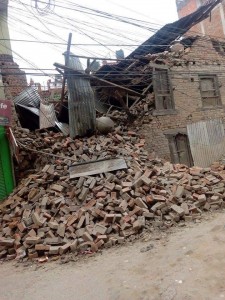

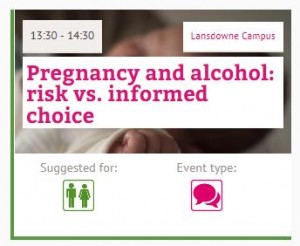
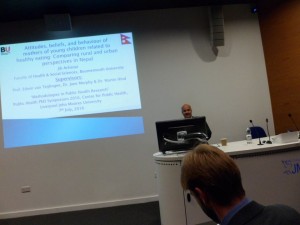


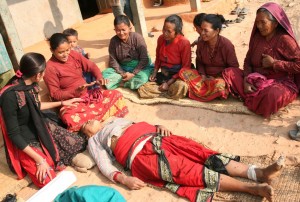
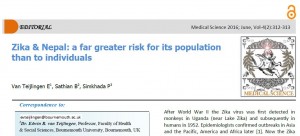
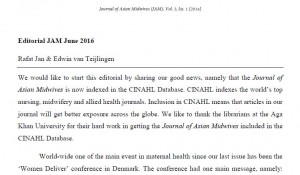


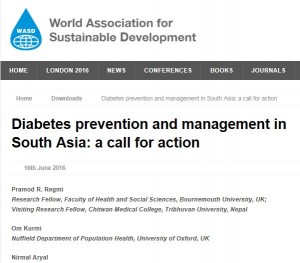



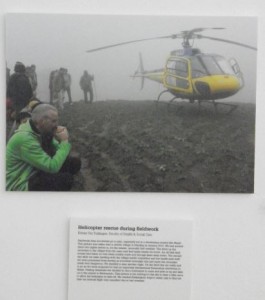











 Seeing the fruits of your labour in Bangladesh
Seeing the fruits of your labour in Bangladesh Exploring Embodied Research: Body Map Storytelling Workshop & Research Seminar
Exploring Embodied Research: Body Map Storytelling Workshop & Research Seminar Marking a Milestone: The Swash Channel Wreck Book Launch
Marking a Milestone: The Swash Channel Wreck Book Launch No access to BRIAN 5-6th February
No access to BRIAN 5-6th February ECR Funding Open Call: Research Culture & Community Grant – Application Deadline Friday 12 December
ECR Funding Open Call: Research Culture & Community Grant – Application Deadline Friday 12 December MSCA Postdoctoral Fellowships 2025 Call
MSCA Postdoctoral Fellowships 2025 Call ERC Advanced Grant 2025 Webinar
ERC Advanced Grant 2025 Webinar Update on UKRO services
Update on UKRO services European research project exploring use of ‘virtual twins’ to better manage metabolic associated fatty liver disease
European research project exploring use of ‘virtual twins’ to better manage metabolic associated fatty liver disease